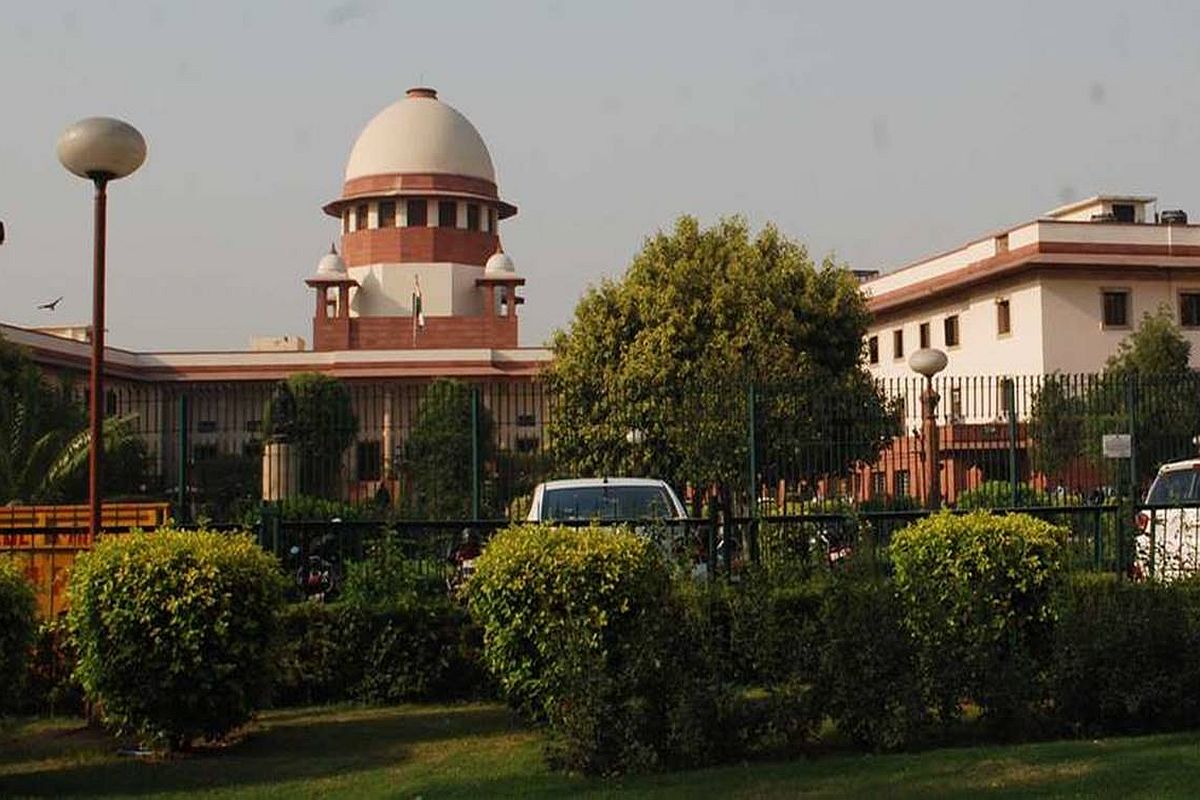The Supreme Court on Friday referred the politically sensitive Ram Janmabhoomi-Babri Masjid land dispute case to court-appointed and monitored mediation for “permanent solution”.
A five-judge constitution bench of the Supreme Court appointed a panel of three mediators for the Ayodhya title suit case.
Advertisement
The panel will be headed by Justice FM Kaliifullah (Retd) and also comprise Sri Sri Ravi Shankar and senior advocate Sriram Panchu.
The mediation process will begin in a week, the court ordered adding that a status report has to be submitted by the panel within four weeks. The mediation proceedings will have to be completed within eight weeks.
The Supreme Court, however, said the mediators can co-opt more on the panel if necessary. Mediators can seek further legal assistance as and when required.
The Supreme Court in its order also banned the reporting of the mediation proceedings.
“Court monitored mediation proceedings will be confidential,” CJI Ranjan Gogoi said.
The mediation proceedings will be held in Faizabad and will be held on-camera, the court ordered. Uttar Pradesh government will provide the mediators all the facilities in Faizabad.
The Supreme Court had on Wednesday reserved its order on the issue of referring the Ayodhya case to court-monitored mediation saying that it was conscious of the gravity of dispute and the outcome of mediation on body politics.
Saying that the court has no control over what happened in the past, it asserted that the court was only concerned about resolving the present dispute.
While some of the Muslim parties had agreed to the court’s suggestion on mediation, some Hindu bodies including the Ram Lalla Virajman opposed it, saying several such attempts have failed in the past.
The five-judge bench headed by CJI Ranjan Gogoi, and comprising Justices SA Bobde, DY Chandrachud, Ashok Bhushan and SA Nazeer had earlier asked the contesting parties to explore the possibility of amicably settling the decades-old dispute through mediation, saying it may help in “healing relations”.
The suggestion for mediation was mooted by Justice Bobde, during the hearing when both the Hindu and the Muslim sides were sparring over the veracity of documents related to the case which were translated by the Uttar Pradesh government and filed with the apex court registry.
Fourteen appeals have been filed in the apex court against the 2010 Allahabad High Court judgment, delivered in four civil suits, that the 2.77-acre land in Ayodhya be partitioned equally among the three parties — the Sunni Waqf Board, the Nirmohi Akhara and Ram Lalla.











